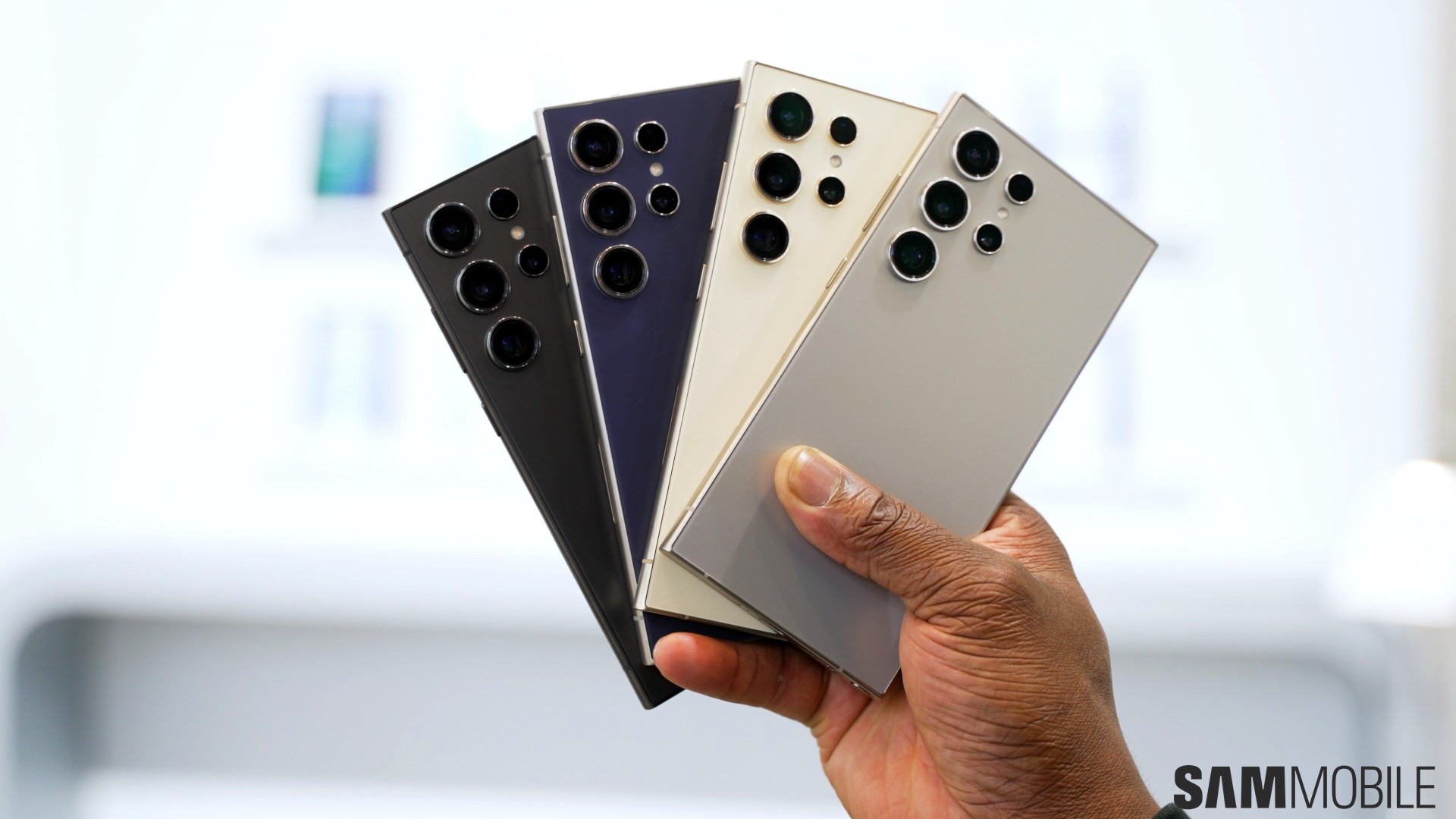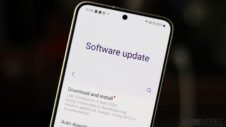Artificial intelligence has been around in one form or the other for quite some time now. It only really captured the public's attention last year when new tools like ChatGPT gained popularity that allowed the average user to take advantage of the technology's capabilities. These tools brought to light the advanced technologies that major companies had long used and opened up the public's eyes to their immense potential.
Everyone seems to have gone all in on AI, as that's the buzzword which will define 2024. Most brands have implemented some form of AI into their consumer-facing solutions. All tech companies are rapidly introducing new innovations that showcase the work they've been doing to advance artificial intelligence.
Naturally, it was only a matter of time before AI became the USP of smartphones, and that very much appears to be the case in 2024. It doesn't seem like people will be paying too much attention to how much faster the chipset is or how brighter the display has become, they're more interested in knowing about what AI features the handset offers.
As smartphone manufactures jumped on this trend, their focus would undoubtedly have been to be immediately recognized as the “AI phone,” one that would become synonymous with this buzzword even though there were other devices on the market offering similar functionality. It seems like Samsung had this singular goal in mind when it was developing the Galaxy S24 series, and to a large extent, it has succeeded.
Never mind the fact that the Galaxy S24 Ultra is the first Galaxy S flagship to feature Titanium or the fact that the entire lineup boasts impressive specs or that the display panels are the brightest they've ever been on an Android flagship. No sir, what even Samsung wants you to pay more attention to is Galaxy AI, the suite of generative artificial intelligence features that Samsung has introduced with this lineup.
It's quite a capable bunch of features that handles everything from live translation of phone calls to summarization of web pages and notes, removing and repositioning objects in photos, transforming existing videos into glorious slow-motion clips, and much more. All of these features are collectively referred to as Galaxy AI and Samsung has said that it will bring these features to 100 million phones this year.
Samsung's intention to have the Galaxy S24 series be known far and wide as the AI phone was clear the moment its Unpacked event began on January 17. The company normally talks about spec and design improvement initially, highlighting all of the different ways it has made the new lineup better than the predecessor. That didn't happen this time around. Samsung jumped straight into Galaxy AI after opening remarks from the boss and spent a considerable amount of the entire keynote explaining and demonstrating these features.
The marketing blitz that has followed online and on conventional methods is also centered around Galaxy AI. From using special outwork to highlight these features to showcasing the capabilities in TV advertisements, Samsung is hard at work driving a singular point home that if there's any true AI phone in 2024, it's from the Galaxy S24 series.
It's easier to impress this upon people who follow tech news and are generally aware of what's going on in the industry. What Samsung wanted was to create the Galaxy S24's perception of being the AI phone among people who don't follow all the happenings in the tech space. It wanted to spark their curiosity because anyone who's been online in the past year has heard one thing or the other about AI. Those people know AI is the future and it has the potential to transform our lives, so when they think about what AI could be on a smartphone, Samsung wants them to immediately associate it with Galaxy AI.
Samsung's messaging appears to be resonating with that demographic. Early adopters of the Galaxy S24 series report being asked by friends and colleagues whether it's the “AI phone” they're using. It's like when Samsung's foldable phone became ice breakers, when people saw them they felt it was something unique and they became curious. So now when they see a Galaxy S24 device in someone's hands, they're curious about its AI capabilities, because Samsung has successfully managed to give the impression that only its devices have such advanced functionality.
This genius plans even appears to have scared Apple enough to provide an uncharacteristic teaser of what it has been working on. During the recent earning's call, Apple CEO Tim Cook confirmed that the company is working on generative AI features for the iPhone that will be released later this year. He didn't provide specific details about these features, but the fact that Apple felt the need to say publicly that it's also working on AI features for the iPhone goes to show how seriously these companies take this battle for public perception.
Meanwhile, Samsung has ample time to capitalize on its perception of being the only AI phone until the new iPhone series is launched in the second half of this year. It will have the opportunity to double down on Galaxy AI with its next flagship launch for the Galaxy Z Fold 6 and Galaxy Z Flip 6, as those devices will undoubtedly arrive before the new iPhones do in the third quarter of this year.
There will be other contenders for the AI phone crown this year. Google's hard at work developing new functionality for its Pixel lineup. Many other OEMs, including those based in China, are capitalizing on the exceptional AI processing capabilities of chipsets like the Qualcomm Snapdragon 8 Gen 3 to deliver similar experiences to their users.
Be that as it may, Samsung finds itself uniquely positioned to extract the most mileage out of Galaxy AI, since it has a global reach and recognition that few Chinese manufacturers can match. Ultimately, the battle of what an AI phone can be will be fought between Samsung and Apple, and while the latter's late to the party, it's bound to have a few tricks up its sleeve.







